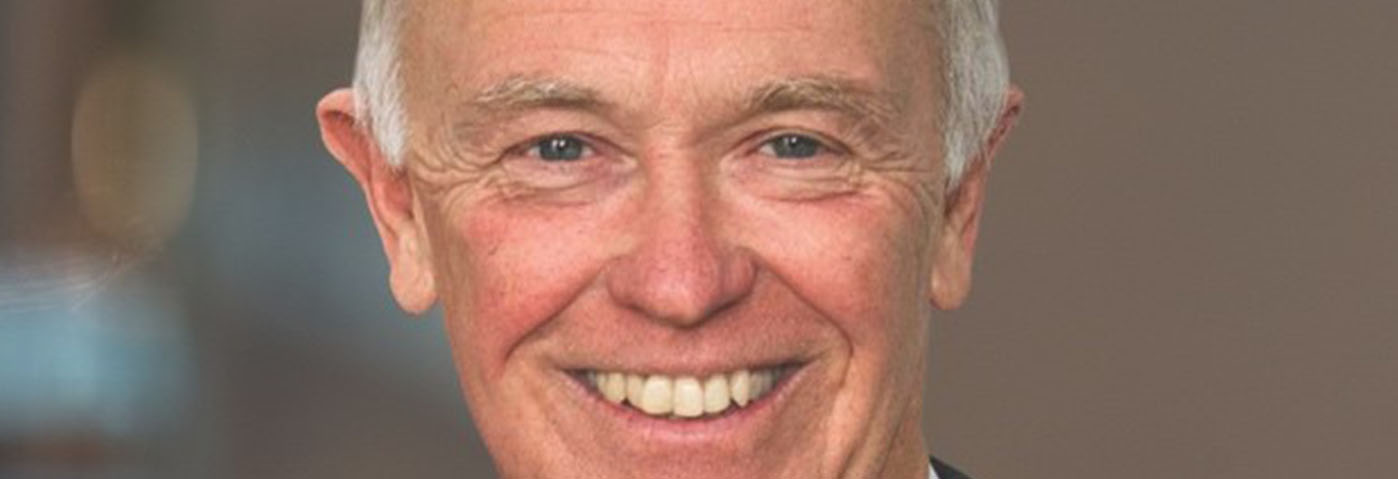Emirates will post a “positive” annual result shortly despite variable fuel prices, currency volatility and geopolitical headwinds, President Sir Tim Clark told ATM delegates today.
Speaking in a discussion with John Strickland, Director, JLS Consulting, entitled ‘Emirates Still Leading The Way’ on the ATM Global Stage, he said: “It’s not been easy. But what we will announce in 10 days, we’re satisfied we’ve managed to come ahead, in terms of a positive result.”
The runway refurbishment programme at Dubai International Airport, now a quarter completed, has seen the airline ground 46 aircraft but Sir Tim said forward bookings this summer look strong and the UK in particular – served by 19 flights day – remains a key market with its six A380s to London “full” and the superjumbo now operating to Glasgow.
The fall in the UK pound means London also offers “exceptional value” to visitors but he acknowledged Brexit and European elections present risks of instability.
“We haven’t been growing at the pace we used to but we’ve spent a good nine months knocking down the network and aircraft size, and we have a fair idea what we are going to do for the next 13 years,” he said.
Emirates recently announced a $21.4 billion order for 40 A330-900s and 30 A350-900s to offset the suspension of the A380 programme from 2021 – though the popular double-decker aircraft isn’t disappearing anytime soon, and Emirates will receive 14 more aircraft.
“If you accept the IATA forecasts, we have 300-400 million new passengers a year – so do the maths,” he said. “I remain convinced that in the next seven years this aircraft will come into its own.” He warned that if airport slots are reduced, and there are no A380s, the cost of airfares will rise.
Fuel price volatility remains a challenge for all airlines and “each cent of increase” impacts the bottom line. “I’ve always thought $70 (a barrel) is too much and we should be working with $50-60,” he said.
Turning to US-China tariff disputes, he said it was important to reach a conclusion and lack of investor confidence was causing a slowdown – though he added it hasn’t hit its cargo business which has had a “very strong year”.
“The global economy needs a bit of ‘TLC’ at the moment,” he said. “If we get a reset, we have a fighting chance of seeing the global economy starting to move.”
He said Milan-New York JFK and Athens-New York Newark ‘fifth freedom routes’ are performing extremely well and it can
roll out more routes “as and when we wish to . . . these were huge holes in the market that we stepped in and filled.”
Reflecting on his broad, 47-year experience in the industry, Sir Tim said it was frustrating that while multiple industries have globalised successfully, there is this “block” with the airline industry.
“This is a global industry that needs to be invested in quite heavily, it has very high level of capital investment and the more access you give to foreign investors, and therefore ownership to equity holders, the easier it is to raise the money you need. If you are constrained by sovereign requirements, then it shifts the DNA in the way people think about the business.”
Despite the collapse of Jet Airways, India remains one of the fastest growing markets and a key focus for the airline.
“We can do a lot more than we’re doing at the moment, if they let us. There’s a lot of things moving in India – except aeropolitics. I cannot for the life of me understand why the aeropolitical barriers are still there.”
Similarly, it would like to have more flights into China, where the growth in the outbound market is “extraordinary”, and its network in Africa is showing huge potential. “You go there with your eyes open – it’s high yielding but problematical and airport operations are difficult,” he said.
The two tragic accidents involving the B737 MAX, and subsequent grounding, caught everyone by surprise but he was confident Boeing will rectify problems. “It will happen sooner rather than later,” he said.
With rising competition from new Gulf and Middle East airports, more attention will focus on DXB. “How we organise the hub and keeps unit costs in equilibrium will be vital,” he said.
– Ends –

